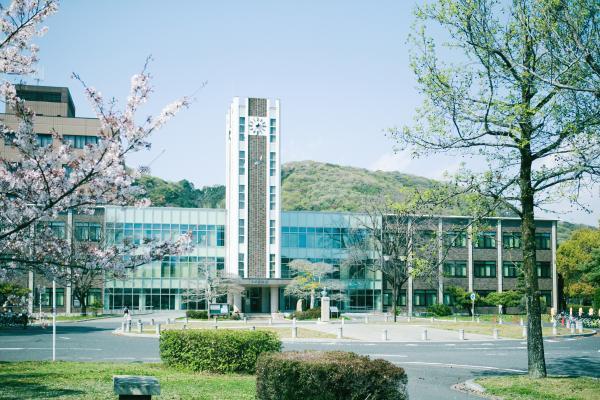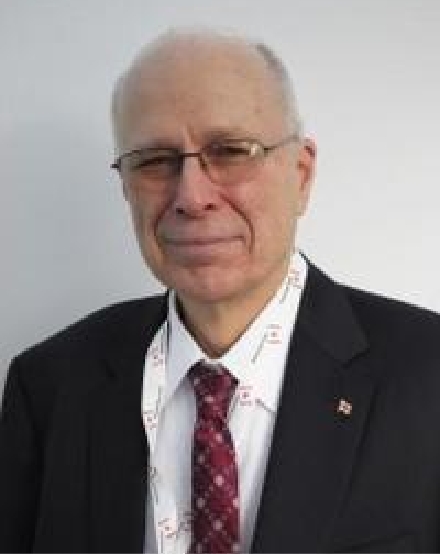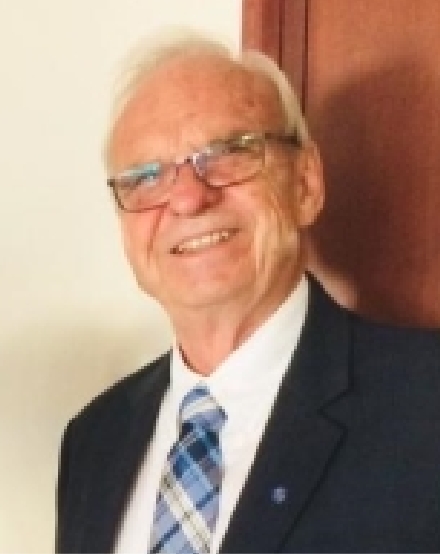検索例

岡山大学のSDGsに関する優れた努力にとても感銘を受けています。私がまだ大学にいたとしたら、貴学が大変良く取り組まれている内容を、全くそのまま実現するように努力していただろうと思います。SDGsのための科学技術イノベーション(STI)の推進は、次世代の大学生をインスパイアし、その能力を世界の課題の解決に向けて活用できるようにするための素晴らしい方法です。
コルグレイザー氏の略歴(英語)
Reference: SDG and Higher Education Leadership of Okayama University Dear President Makino,
I am writing to congratulate you and your university for the trail-blazing work you have accomplished in engaging a renowned research university in addressing the SDGs and as such, demonstrating and advancing Education for Sustainable Development (ESD) in the sphere of higher education.
As one of the original educators who pioneered the concept of ESD in the late 1980’s and still continues to travel the world in support of furthering ESD implementation, I can well see and comprehend the remarkable successes of Okayama University in reorienting itself to address the United Nations Sustainable Development Goals (SDGs), the sustainability needs of Japan and of Okayama Prefecture.
For several years I have been attending international events in Japan and realized that many are centered in or involve Okayama. When the UN University RCE Programme was launched in 2005, one of seven cities around the world chosen, was Okayama. The first Japanese UNESCO Chair in ESD was located at Okayama University. Today, I am leaving your university having just been a part of an another superb Asia-Pacific Region meeting, held in collaboration with the UNESCO Office Bangkok and several other international partners that brought together teacher education institution leaders from over 20 countries. There is a long history of education related to sustainability that resides in Okayama and it is growing, nurtured by your leadership.
As President, you have made this history even more visible and central to the university’s image. With making such a firm commitment to the SDGs, you have made this highly respected research institution a significant global leader in the process of engaging higher education in creating a more sustainable future as requested by UNESCO in the Bonn Declaration of 2009, the Nagoya Declaration of 2014 and the Global Education 2030 Agenda of 2015.
When reading Okayama University’s Action Guidelines to address the SDGs and examining the various case studies of the institution’s existing contributions ranging from medical initiatives to energy and climate change, one sees the exceptional progress in reorienting the very culture of this university. This cultural shift of moving sustainability beyond the operations level to embed it in curricula, research and community service is seldom found anywhere in the world.
This achievement of a profound cultural shift is noteworthy. Recognition of this refocusing, reaffirming and revitalization of the university in synergy with the City of Okayama towards the SDGs, with the reward of the Japan SDG Award is well deserved. Okayama University in synergy with the City of Okayama and other civic partners through the RCE are creating a unique global brand as a sustainable, livable and learning city focused on the well-being of all.
This letter is my way of saying thank you, President Makino, for your unswerving vision and efforts to engage and demonstrate how higher education can contribute globally nationally and locally in building a more sustainable future for all.
Lastly, it is my hope to explore possible collaboration with other leading universities in ESD globally to form a circle of inspirational lighthouses in achieving the SDGs while better serving our students and communities. Research has shown that engaging in such global initiatives surrounding the SDGs, while learning the essential essence of their discipline, can be not only academically rewarding but indeed transformational for student, faculty and the entire institution.
Let me again thank you, your leadership team and faculty members for this most important contribution the Global Education 2030 Agenda and the SDGs.
Respectfully,
Charles A. Hopkins UNESCO Chair in Reorienting Education towards Sustainability York University Toronto
